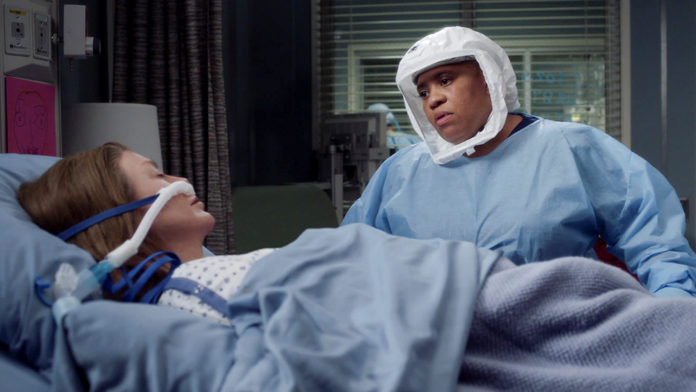
Jillian Veldey | Staff Writer
When you’re cooped up at home all day in quarantine and you turn on the television to escape your world, the last thing you might want to see is your favorite show incorporating the pandemic into it. But in actuality, commentary on current events in the media is very important.
My roommates and I love to watch “Grey’s Anatomy,” but because its newest season is covered during COVID-19, we switched our gears to “Law & Order: Special Victims Unit.” The season we chose at random to start with was released right after 9/11. Every episode seemed to somehow incorporate the attack, which is when I realized social commentary is not a new phenomenon.
It was the first time I realized fictional shows almost always run parallel to the real world. Even if the show takes place in a completely made-up location there are always hints of truth. Whether it’s the fake state of the Eagle State in “Desperate Housewives” or the fictional town of Riverdale in “Riverdale,” both shows carefully knit commentary on current social issues into the scripts of their show.
The first time a social or political issue was mirrored on television can be traced to a series aired on CBS from 1961-1965 called “The Defenders.” The show featured a father-son attorney with their secretary, Cicely Tyson, who was a regular on the show. Tyson often appeared on the show with her natural hair, which was unheard of in the ‘60s, which was in the middle of the Civil Rights Movement.
“The impact of a story that can connect with hearts and minds is unrivaled,” Variety magazie said in an article. “A generation ago, in a less cluttered media landscape, the ubiquity of ABC, CBS and NBC was a formidable weapon during the heyday of the made-for-television movie.”
Giving people the ability to see other people’s cultures, lifestyles and struggles firsthand is just as important today as it was back then.
“Sitcoms, when done right, are more than entertainment,” Medium magazine said. “The history of sitcoms may have a core of being light entertainment. However, over the years there have been a lot of sitcoms that have been built around social commentary.”
When I was watching that season of SVU released after 9/11, I was able to learn beyond what can be taught in a book. I assume that in the wake of 9/11, the people watching were feeling similar frustrations that we feel right now when watching shows involving COVID-19. However, being able to look back on these episodes demonstrates what a powerful tool current events in TV shows can be.
It can be frustrating watching your reality play out on a show, when all you want to do is escape. Although, the purpose of incorporating social commentary goes beyond just learning; it also helps us remember the emotion attached to a situation, not just the facts in history books.





